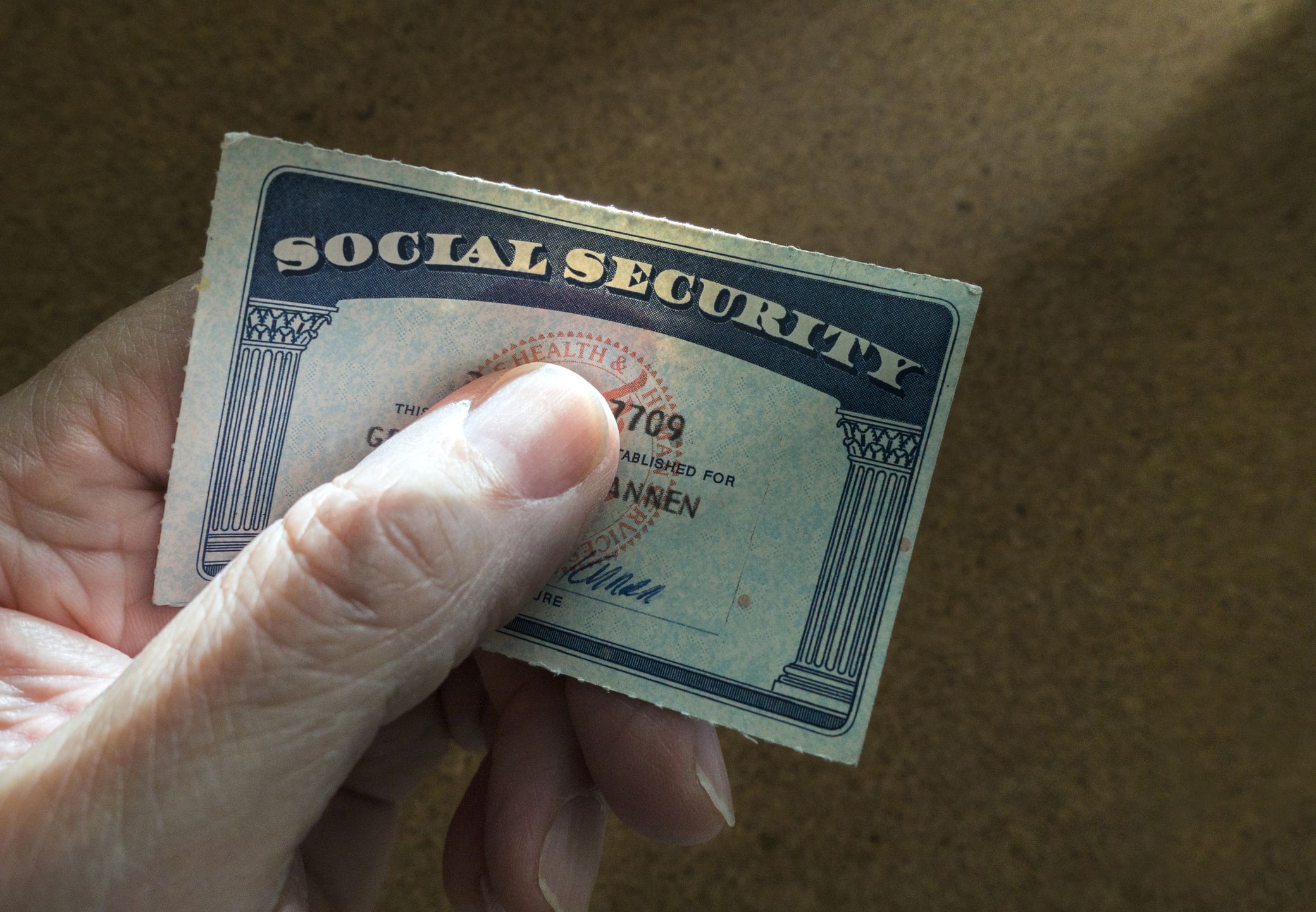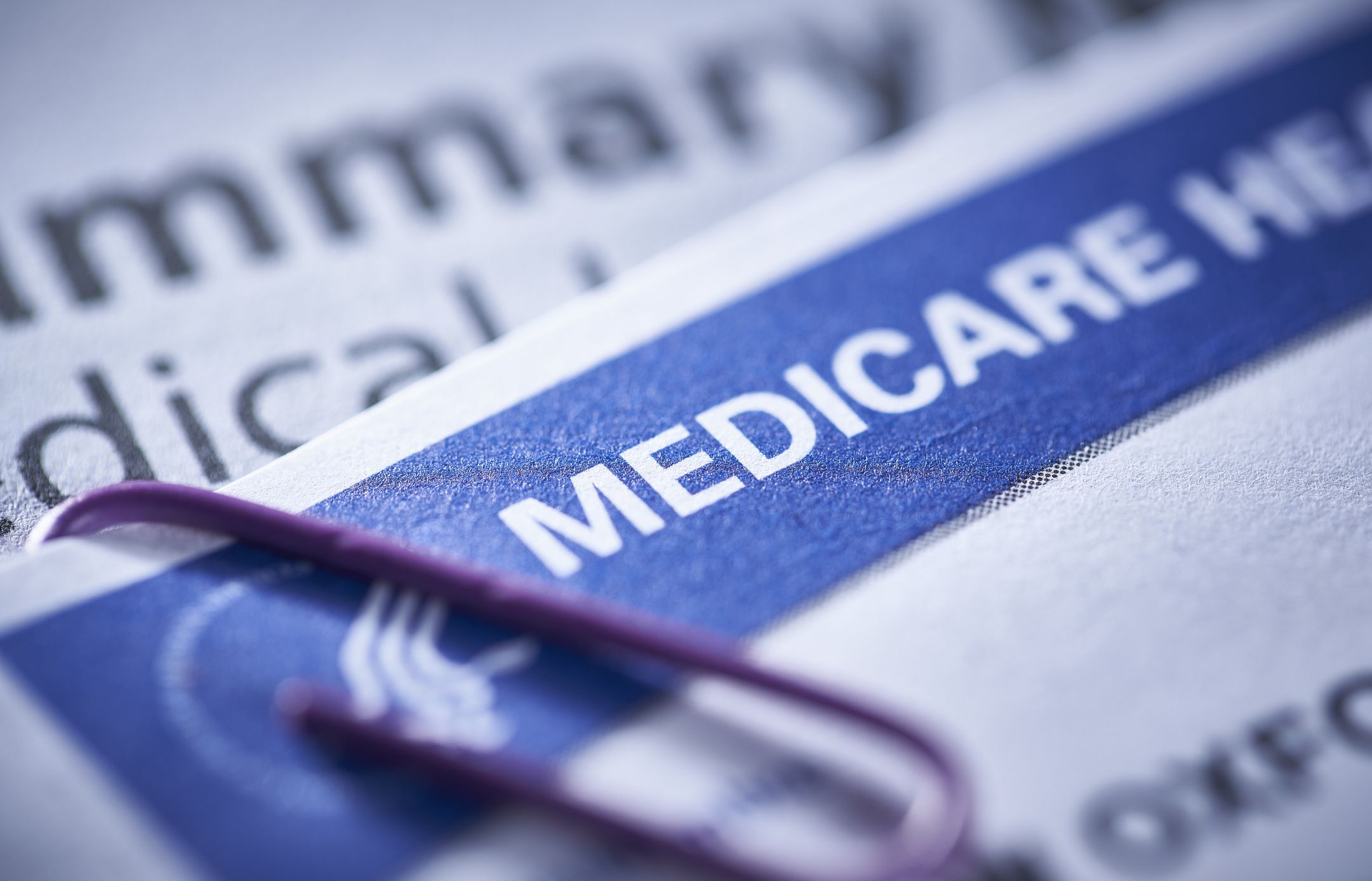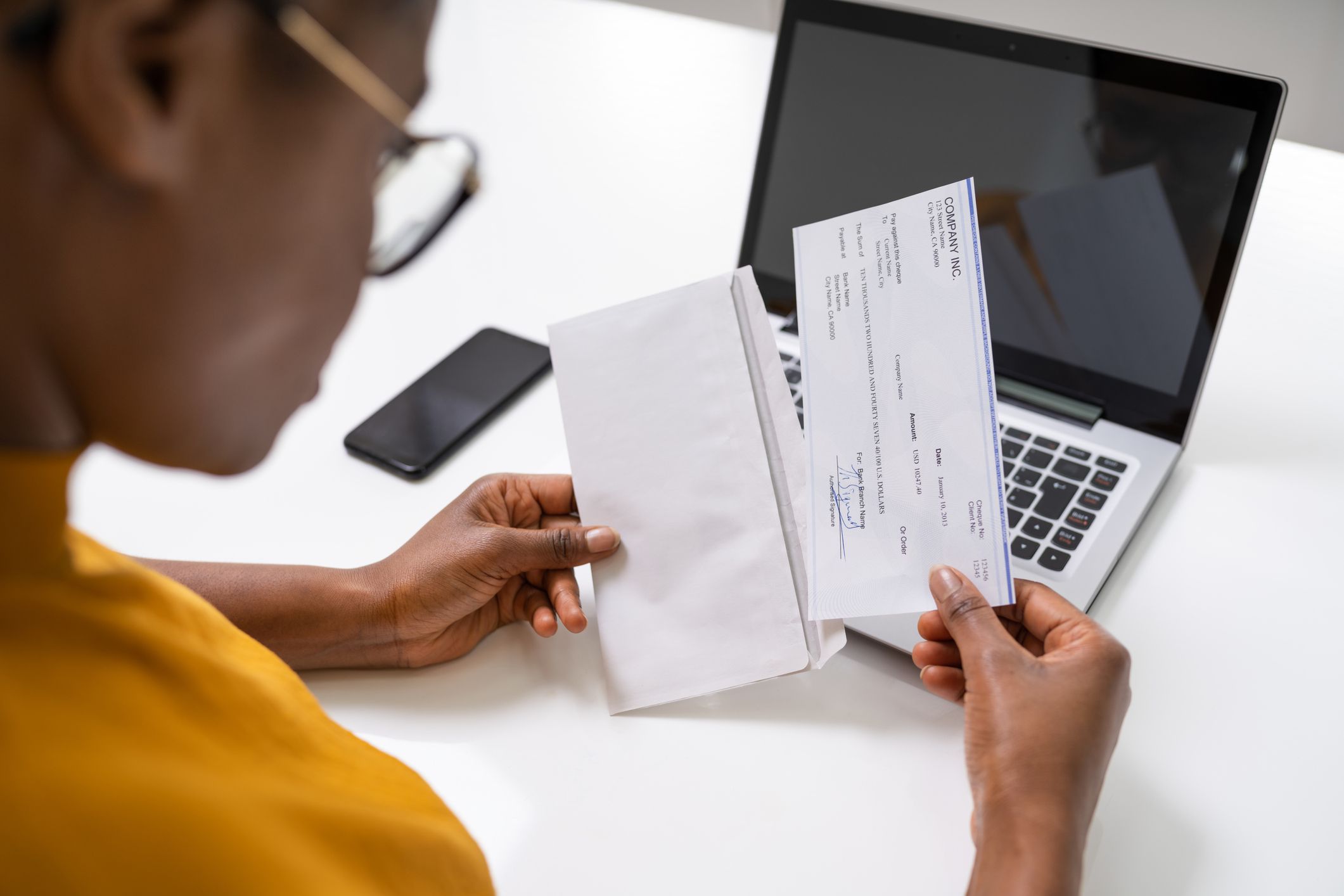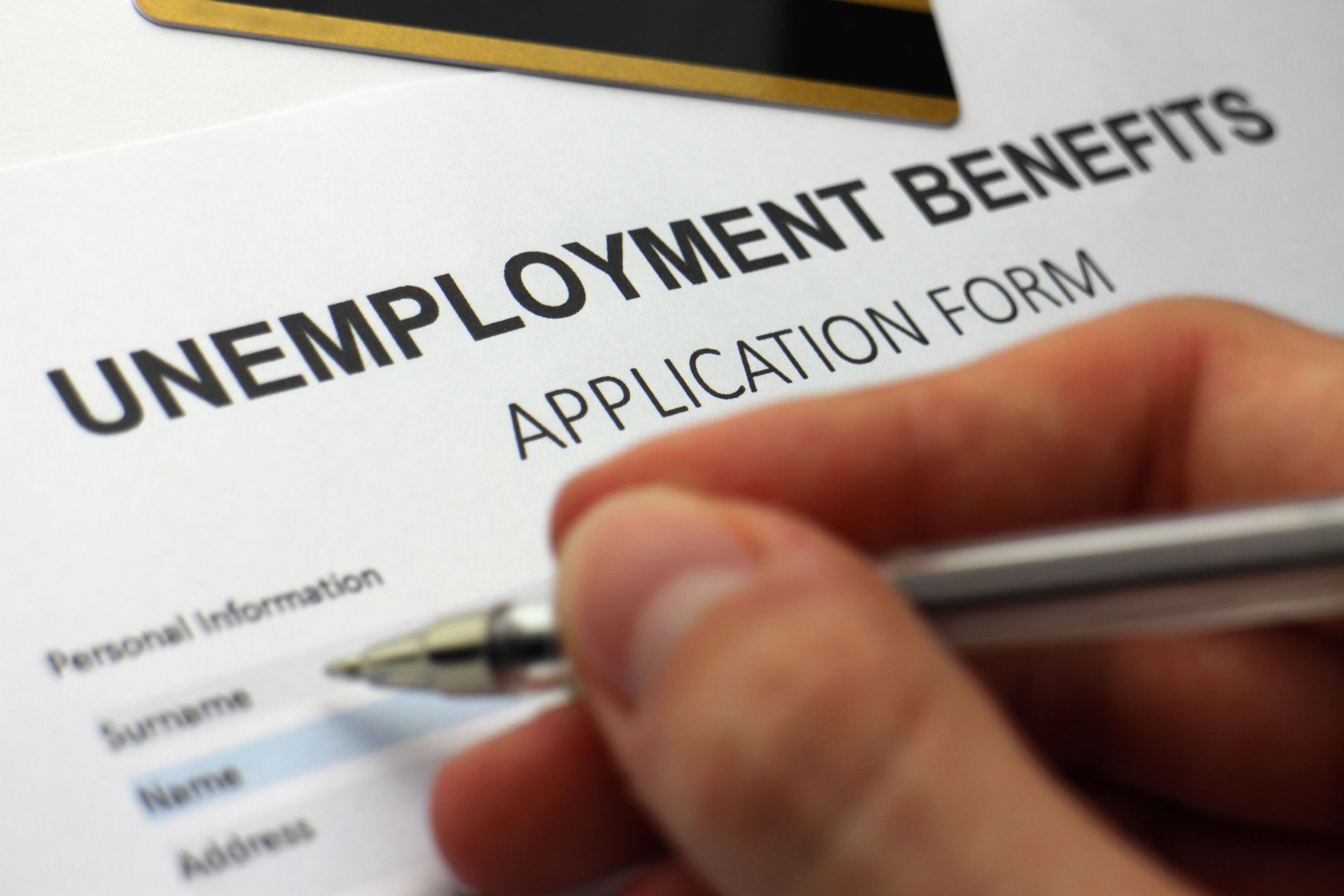The United States just hit the debt ceiling, maxing out the amount of money the government can borrow in order to pay its bills at $31.4 trillion. The country has only defaulted on its debts one other time in history (a technical bookkeeping glitch, really), but thanks to partisan political posturing in Congress, defaulting a second time and turning this into a debt ceiling crisis isn’t out of the question. Now the U.S. Treasury is taking “extraordinary measures” to avoid catastrophic economic consequences while Congress works through their stalemate. The nation isn’t at the tipping point of this becoming a full-blown crisis yet, but if the U.S. defaults on its debt, here are some of the ways it could affect you and your family.
Related: How Revised Retirement Rules May Affect Your Savings
Social Security Payments Could Be Delayed

Sixty-six million Americans received monthly social security benefits in 2022 to the tune of over $1 trillion. That’s a big chunk of our national debt, and checks could be delayed or stop coming altogether if the U.S. defaults. That’s a huge problem for anyone on a fixed income who relies on social security to make ends meet.
Related: Why Future Retirees Might Get Less Social Security Money
Medicare and Other Benefits Could Stop

Federal healthcare including Medicare and Medicaid could stop operating, leaving millions of Americans stuck with massive medical debts. Other federal benefits related to housing, veterans, nutrition, and even school lunch could also be on the chopping block.
Related: 17 Myths and Misconceptions About Medicare
Government Furloughs Could Happen

Employees of the federal government, which include millions of civilians in addition to military members, could be furloughed from work and stop receiving a paycheck. That would have wide-ranging impacts, from national security to mail stoppages.
A Recession Could Be Inevitable

The word recession has been thrown around a lot lately, and most analysts seem to think one is on the horizon. But a recession would be inevitable if America defaulted on its debts, and that would come with all of its difficult side effects that could affect you directly like layoffs and a long period of high unemployment. Of course, federal unemployment benefits would also end.
Related: The Best Recession Advice From Warren Buffett and Other Mega-Rich People
Interest Rates Could Spike

Think interest rates are high now? If the U.S. defaults, ratings agencies would downgrade the country’s credit rating, sending interest rates for Treasury bonds sky-high. Since borrowing rates for mortgages, auto loans, and credit cards are all tied to the Treasury, those would rocket too.
Trending on Cheapism
The Stock Market Could Crash

The most severe financial crisis would be the stock market crashing, which would happen concurrently with everything on this list. It would affect the global economy and crash financial markets everywhere while the dollar lost value. If that happened, your retirement and other investment accounts would lose value quickly, but you’d probably have bigger things to worry about at that point.






